This biz is betting that M’sians will pay a deposit for food delivery packs & return them
Tapauware is a Malaysian packaging-as-a-service startup offering returnable and reusable food containers for eco-friendlier food deliveries.

Be honest; how often did you order food during the MCOs? If the answer is anything above zero, were you aware of the amount of plastic the food came wrapped in?
Daniel Teoh certainly was.
“It really hit me that something had to change when I received a notification from my Grab app in their annual ‘Year in Cravings’ that I had ordered 217 times in 2021 alone,” he admitted to Vulcan Post.
It’s probably not just Daniel who’s facing this issue, either. In just 2020, Malaysia had used 148 tonnes of food packaging, which amount to billions of containers.
Daniel knew he had to do something about this. He recalled his mum’s treasure trove of “precious, ageless Tupperware containers”. These containers were a pinnacle of his (and many others’) childhood. In fact, some of those containers are still used today.
“Why couldn’t we do the same for today’s tapau culture?” Daniel wondered to himself.
Inspired, he began working on Tapauware.
Entering entrepreneurship
Daniel already had some experience working with green startups as a venture builder at Enviu, a non-profit foundation that builds on businesses that address social and environmental issues worldwide.
Tapauware is one of these businesses, which he is building as an in-house entrepreneur together with his colleagues, Jehan and Nazeera.
But before his stint with Enviu, Daniel was actually studying to be an engineer. However, he never practiced, beyond a three-month internship.
 Image Credit: Tapauware
Image Credit: Tapauware“I discovered early on that I had an entrepreneurial itch and decided to carve a path towards it since I was a student,” he declared. “I had also become acutely aware of all the problems we had as I got older—inequality and pollution, amongst other things.”
Instead of just complaining, he decided he wanted to be part of the solution. He also referred to the adage: “where there are challenges, there are opportunities”, which inspired him to address pressing problems through business solutions.
“If unconscious capitalism created many of the issues we have today, then perhaps a conscious variety might be what we need to get the world in order,” he shared. “Business, after all, is just a tool.”
Tapau, where? And how?
To order with Tapauware, you first need to register as a user via its website. After paying a returnable RM30 deposit, you’ll be an official member.
From there, members can use their Tapauware user ID get food delivered in a reusable container—but only with participating restaurant partners, of course.
For now, these partners include Spargo Eats and Loop Foods.
“Spargo Eats was the first merchant to believe in our vision, and that’s why we started with them,” Daniel explained. “They have a wonderful vision for a sustainable food system, and we’re excited to be partnered with their parent company, Loop Foods.”
 Image Credit: Tapauware
Image Credit: TapauwareAccording to Daniel, Loop Foods will also be launching other food brands down the road that may offer Tapauware’s services.
With this in mind, it seems like Daniel is keen to make partnerships with other companies that share Tapauware’s eco-friendly ethos. He agreed that it’s those that align with Tapauware’s sustainable vision that will likely be first adopters, but the team does aim to work with all sorts of merchants.
“For example, we’re trying a different borrowing model with merchants in Shah Alam, where users pay for the containers when purchasing their food to reduce the friction of needing to register beforehand,” he explained. “They would receive an immediate refund upon returning [them].”
On top of this, Tapauware is also speaking to schools and corporate cafeterias to adopt its containers such that lunch time can be a zero-waste affair.
Return to sender
Personally, Tapauware sounds like a great idea. However, the one thing that deters me from using it is the returning part.
Currently, users have 14 days to return the container to Tapauware’s collection points. Customers who don’t return the borrowed containers during that period will forfeit their RM30 deposit and will need to re-register to be a user again.
While this is a pretty generous timeframe, I find having to travel to a collection point to be a bit of a hassle.
Having to travel, in my opinion, defeats the purpose of getting food delivery in the first place, as I’d rather just drive to a restaurant with my own container in the first place and never have to return it.
 Image Credit: Tapauware
Image Credit: TapauwareTo this, Daniel shared that a significant part of Tapauware’s user base are individuals who are environmentally aware but report that they struggle to remember bringing their containers when getting takeaway.
“It also requires them to plan ahead for their purchases if they’d like to ensure they don’t use single-use packaging, affecting the spontaneity they could enjoy if they didn’t worry about waste,” he added.
He believes that the provision of Tapauware solves this pain point.
In any case, Daniel said that Tapauware is considering providing a home pick-up service in the future, which might actually get me to start using the service.
Takeaway of the future
Like most local startups, Tapauware is only present in the Klang Valley for now. It’s currently still in its pilot stages and learning what merchants need to really adopt reusables wholeheartedly.
This will take time, as in F&B, there are diverse needs amongst merchants because they all have their own SOPs, business models, food types, and attitudes towards sustainability.
“We do envision eventually working with large players like Grab and foodpanda,” Daniel added. “If someone from Grab, foodpanda, or even Beepit is reading this, we would love to operate a smaller pilot with you.”
But before that, Tapauware first wants to crack the model for running an effective system before scaling up their work to other areas. Thankfully, as a venture builder, Daniel has worked with GIZ, which is the German Agency for International Cooperation.
According to Daniel, GIZ and Enviu are working with local government agencies like the Malaysian Green Technology Centre to launch the Collaborative Action for Single-Use Plastic Prevention in South-East Asia (CAP SEA).
 Image Credit: Tapauware
Image Credit: Tapauware“Tapauware is a result of moving towards the objectives of this project,” Daniel said. “As part of this, we’re working closely with the Municipal Council of Shah Alam to determine just what it takes for a city to go plastic-free.”
While a plastic-free city does make for a great vision, it’s definitely a tall order. Daniel recognises this, of course.
“To reach the mainstream users, we’ll need to appeal to more than just the eco-conscious sensibilities of people,” he said.
He continued, “When we’re in an eco-conscious bubble, sometimes it’s hard to remember that a large segment of the Malaysian population doesn’t yet understand the need to shift away from single-use, whether it be for environmental or practical reasons.”
I don’t know about you, but I’ll be thinking twice the next time I order food delivery.
Learn more about Tapauware here.Read other articles we’ve written about here.Featured Image Credit: Tapauware

 Tekef
Tekef 








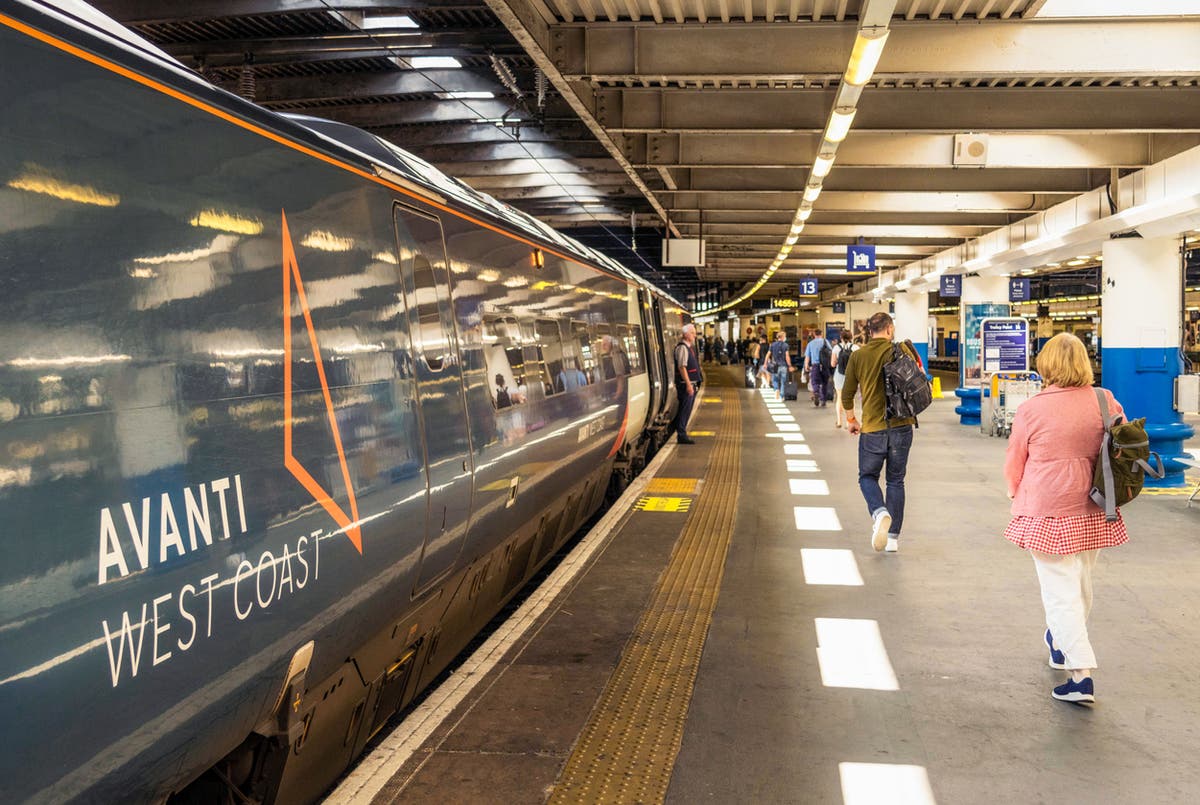



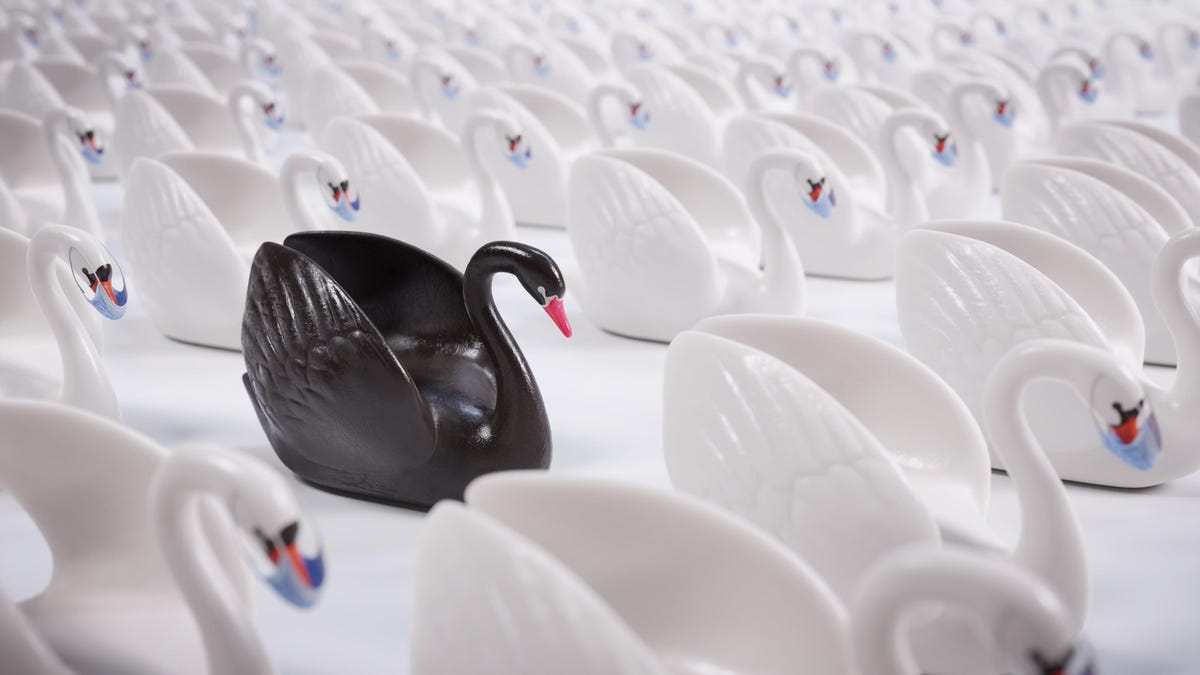

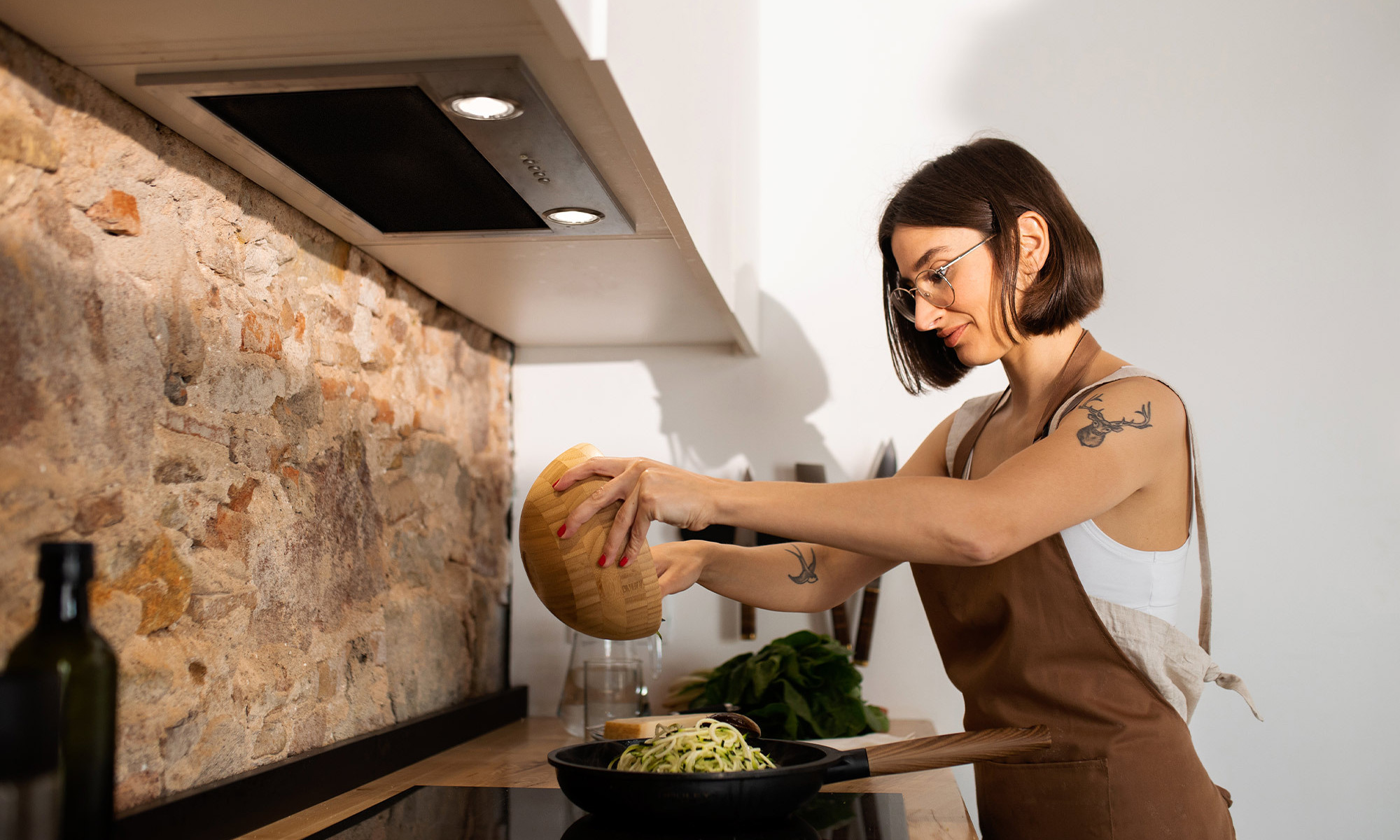
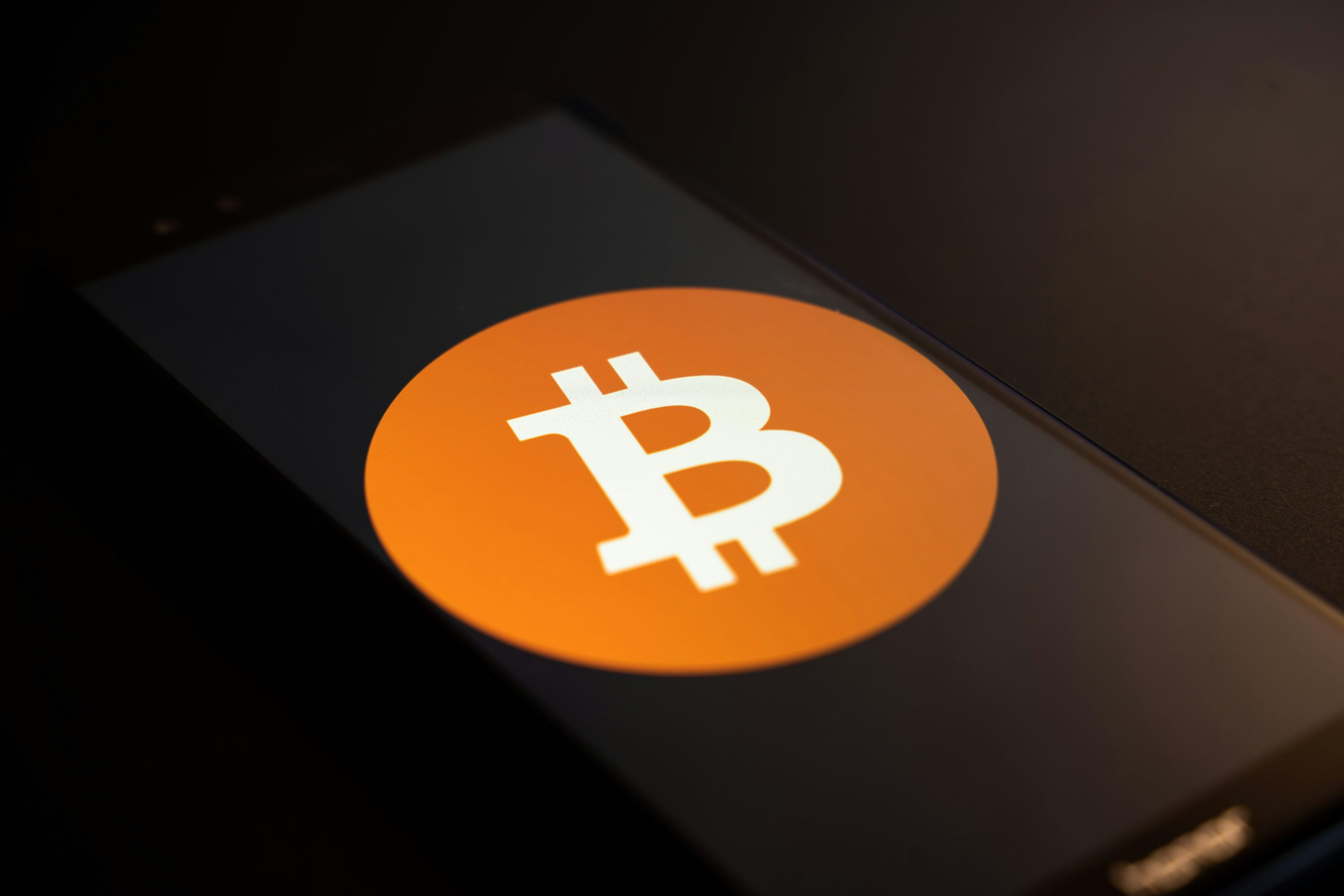













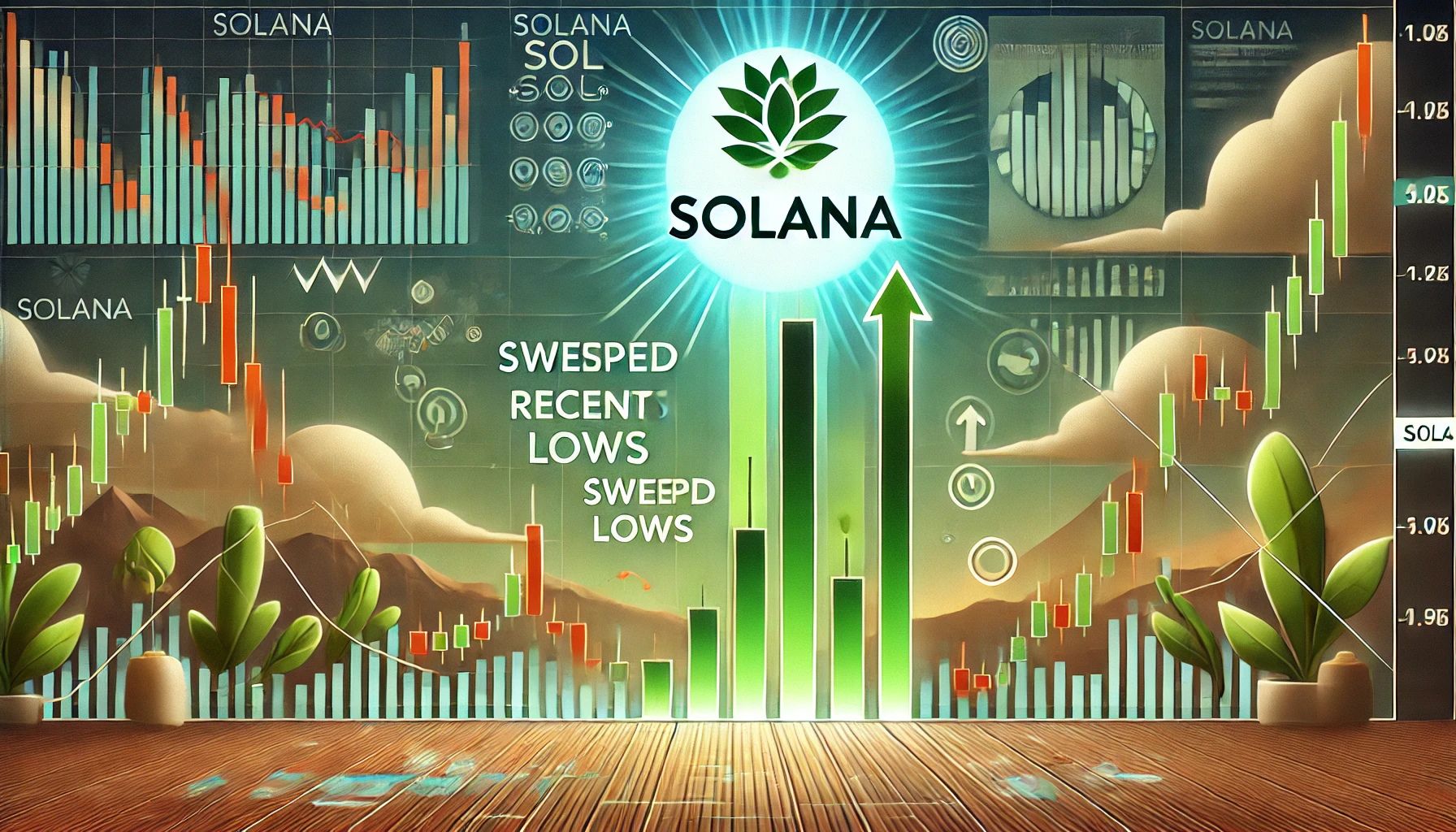

.jpg)
